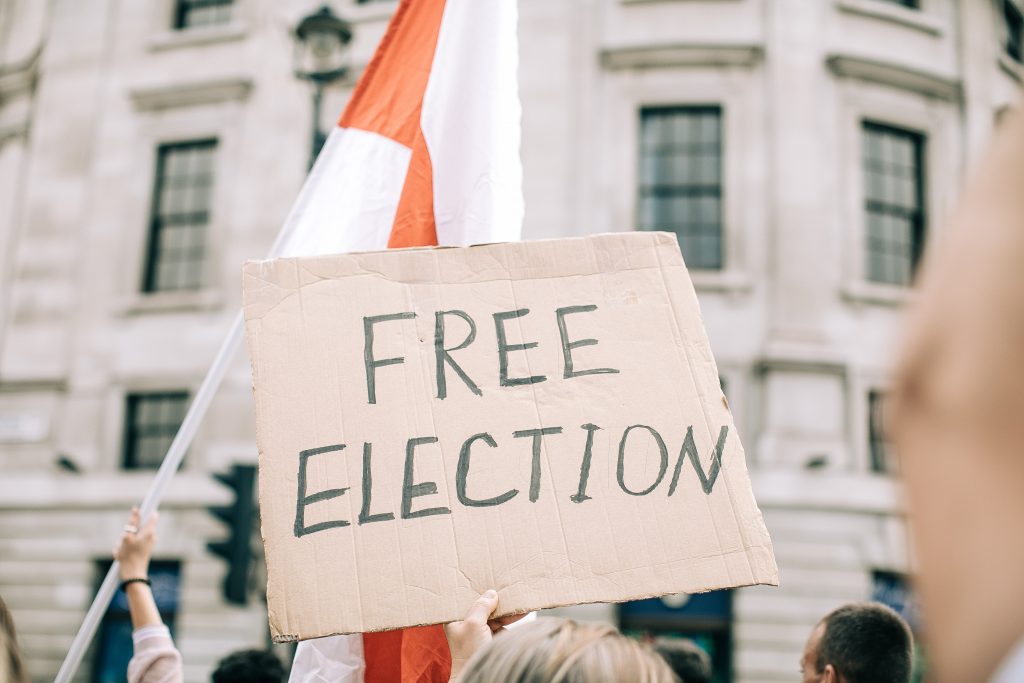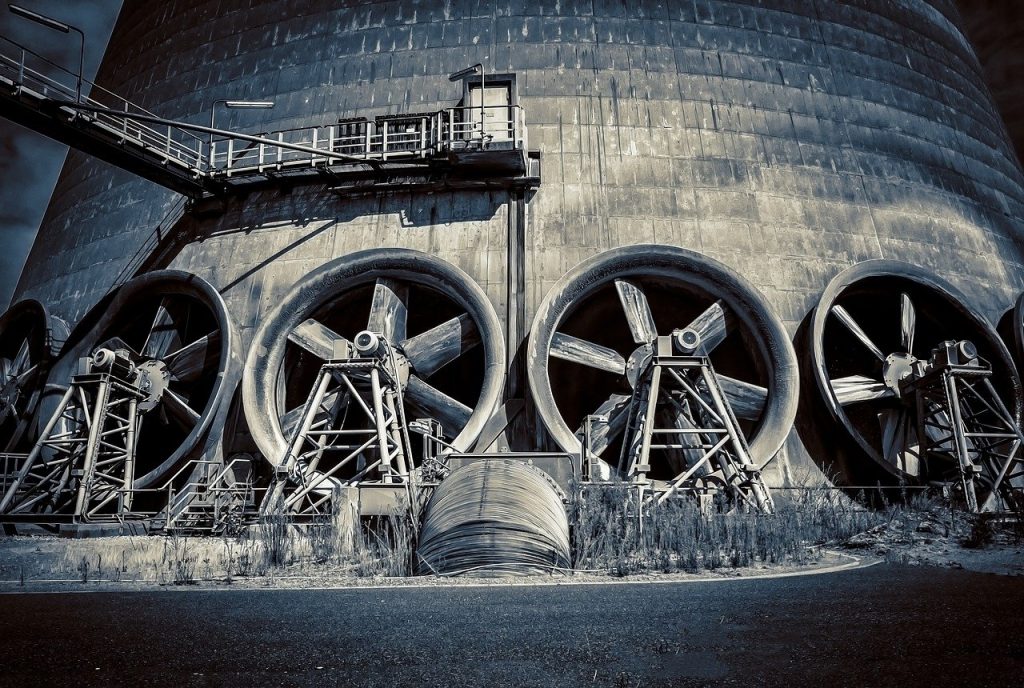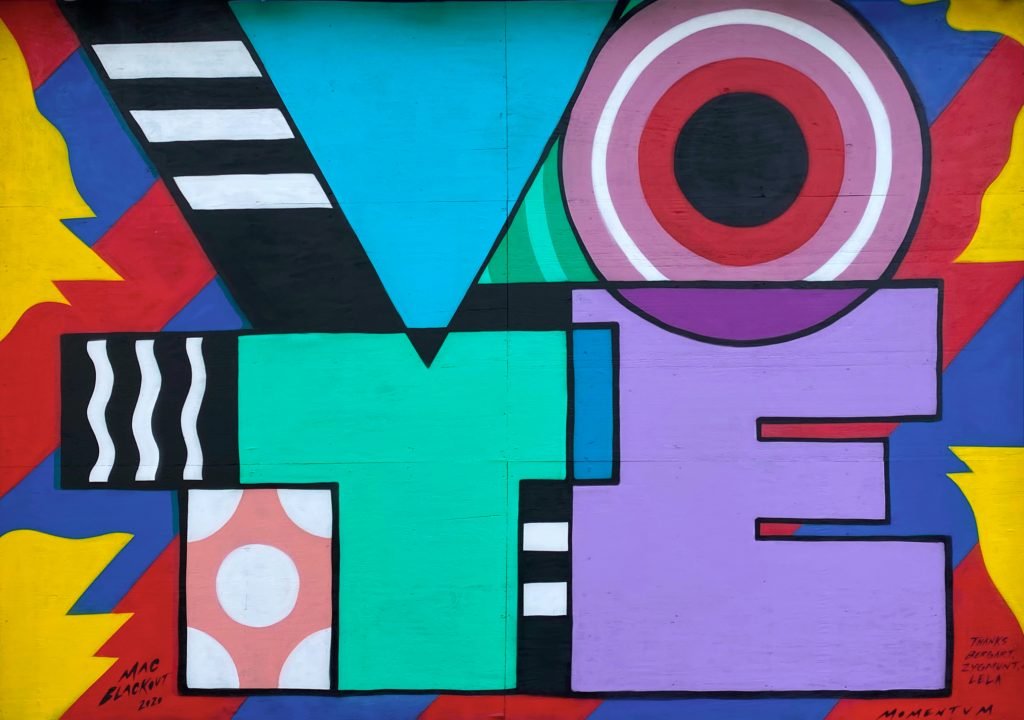The French Revolution ushered an era of major changes in the structure of the society. People thought about the condition they were currently living in and the opportunities denied to them as they belonged to a certain social class. The idea of “individual human rights” emerged which divided the society of Europe into Liberals, Radicals and Conservatives. Let's look closely at the Socialist activities after the Revolution in France:
Liberals advocated the freedom to exercise all religions and stood against the tradition of monarchy. They believed a country should be controlled by a government and a judicial body should see the law and order. They believed in voting rights extended to only males who owned property.
Radicals stood in opposition to centralisation of private property in the hands of wealthy landowners. Their idea of rights was similar to how present day society works where all adults have the right to vote irrespective of gender, wealth or class and the people do own private property but it isn’t a privilege of the rich.
Conservatives opposed both the radicals and the liberals. They stood in favour of the previous system of class distinction but the French Revolution had prepared them for an inevitable change.


Repercussions of Industrialisation
Industries owned by the rich employed a large workforce. This led to the migration or conversion of rural areas into small towns. The radicals and liberals wanted the people to realise the profits of a business and wanted them to open their own industries on a small scale, thus, increasing their chances at financial stability.
Till the mid 19th century the European ideals had spread worldwide and in Europe itself people were against private property. Socialists like Robert Owen found a cooperative named ‘New Harmony’. Cooperatives worked on the idea that all the workers will get a share in the profit according to the effort they had put in manufacturing a particular good. This would stop the concentration of profits in the hands of the owner. The cooperatives were meant to eradicate capitalism from the society, although the majority of industrialists seeing no profit in them wanted the government to take the initiative.


Support for Socialism
An extension of this idea was modified by Karl Marx, Friedrich Engels, etc who believed that not only profit but also the private property should be socially controlled. Apart from the teachings of the thinkers, real change could be seen among the citizens of England and Germany.
Socialists parties like Social Democratic Party (SDP) in Germany, Labour Party in Britain and the Socialist Party in France were formed. These had powerful, political representatives and were capable of bringing a legislative change. The main aim of all these parties, irrespective of place, was the same. They sought equality, freedom of expression, upliftment of the labour class and decentralisation of monarchy’s power into the legislation of a government.


Socialism - Necessity and Significance
From a cursory reading, one can see that unlike the Indian freedom movement, these Socialist movements were happening against the tyranny of a native monarch only. The people were being oppressed by no foreign power. This shows that in any era, a human being must first be treated like a human being. Until that happens, the country cannot be labelled “free”.
Socialism seeks to bring reform for the subaltern not by any overnight revolution but by serious legislative and long-lasting changes. In modern Indian context, anonymous people live and die without enjoying their freedom.
The plight is that even children are forced under inhuman conditions to labour due to the poverty which remains constant through generation. How then can we act and help? By being aware and spreading awareness of the same. By realising our duties before enforcing rights.
“Ask not what your country can do for you but what you can do for your country.” -
John F. Kennedy
The saying is apt and makes us think about the kind of future we want for our posterity.






